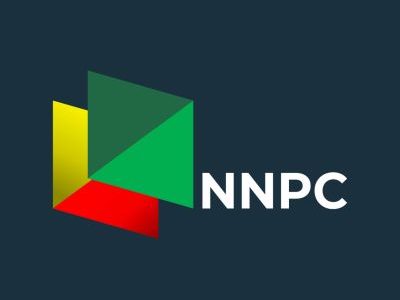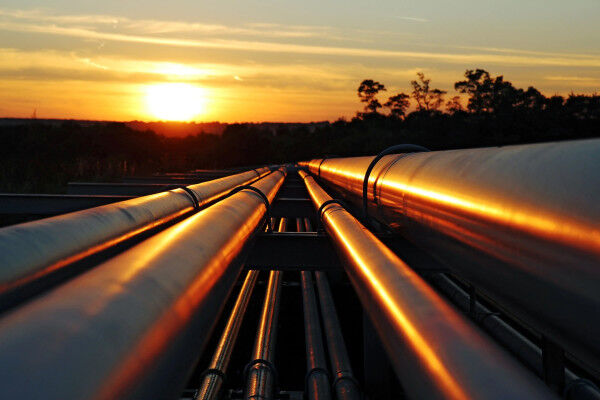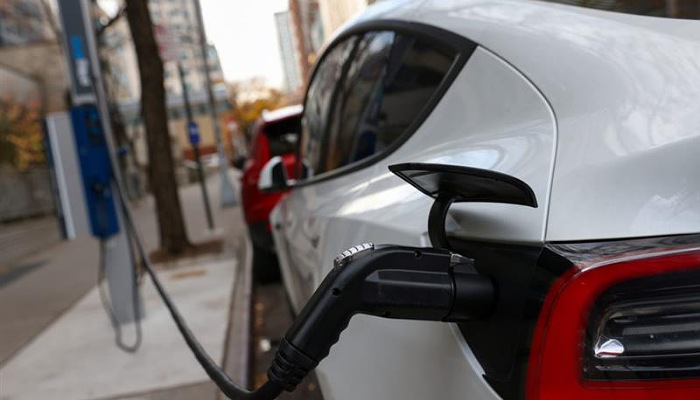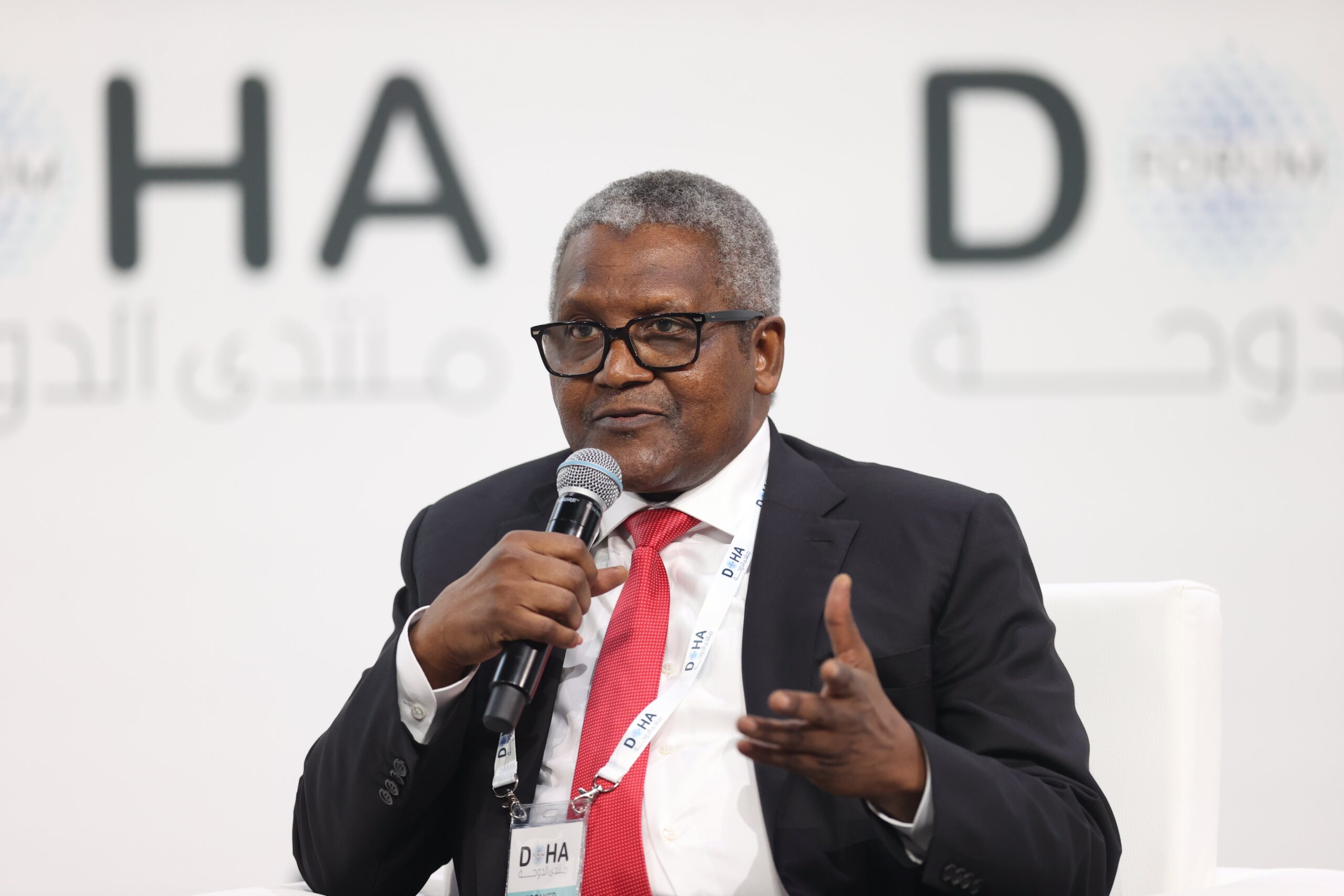
ABUJA – Nigerian National Petroleum Company Ltd (NNPCL), has said that Compressed Natural Gas (CNG) is 40 per cent cheaper than Premium Motor Spirit (PMS) in Nigeria.
Managing Director, NNPC Retail Limited, Huub Stokman, revealed this recently while commissioning 12 Compressed Natural Gas (CNG) stations in Lagos and Abuja to reduce the cost of transportation in the country.
Stokman also revealed that in the next year, NNPC Retail would have launched over 100 CNG sites, including 16 NNPCL Gas Marketing and NIPCO Gas JV sites.
“CNG provides Nigeria with affordable alternatives to existing available fuel products. It will be about 40% cheaper than petrol in Nigeria and with continued investments, it will become a significant part of our energy mix,” Stokman added.
The company listed the locations in Abuja as; Airport Road, Kubwa, Gaduwa, Olusegun Obasanjo Way zone 1, Dei-Dei, Duste-Bwari Road, and Gwagwalada.
In Lagos, the stations are located at Lateef Jakende Agidingbi, Mushin, Lekki-Epe expressway, and Mobile Road, Apapa.
The CNG stations feature advanced technology, with a combined dispensing capacity of over six million standard cubic feet of CNG per day, serving approximately fifteen thousand vehicles daily.
The stations are powered by gas-driven generators and would reduce carbon emissions.
On his part, the Group Chief Executive Officer of NNPC Limited Mallam Mele Kyari declared that the drive to bring CNG closer to Nigerians has since commenced and is irreversible.
Kyari, also said in addition to the massive deployment of CNG stations nationwide, the NNPC Ltd and its partners would also build three Liquefied Natural Gas (LNG) stations in Ajaokuta.
“There is simply no way to turn back on delivering CNG for all Nigerians. It is the right thing to do. Is it late? Yes, but we will make progress, we will cover the gap to ensure that the volatility we see with Premium Motor Spirit (petrol) does not apply to gas,” Kyari stated.
The GCEO commended President Bola Ahmed Tinubu for providing the needed support to drive domestic gas utilisation, aimed at delivering cleaner and cheaper sources of energy to Nigerians.








